Projectors were originally used to show movies. Later, they became common in office meetings. Today, they are still used for movies, but now they are more commonly found at home.
In the past, projectors were expensive, costing tens of thousands of yuan. With technological advancements, their prices have dropped significantly. Nowadays, even big brands offer decent models for around two to three thousand yuan.
One example is the EPSON CB-S04E, a 3000-lumen business projector, available on JD.com for just 249 yuan.
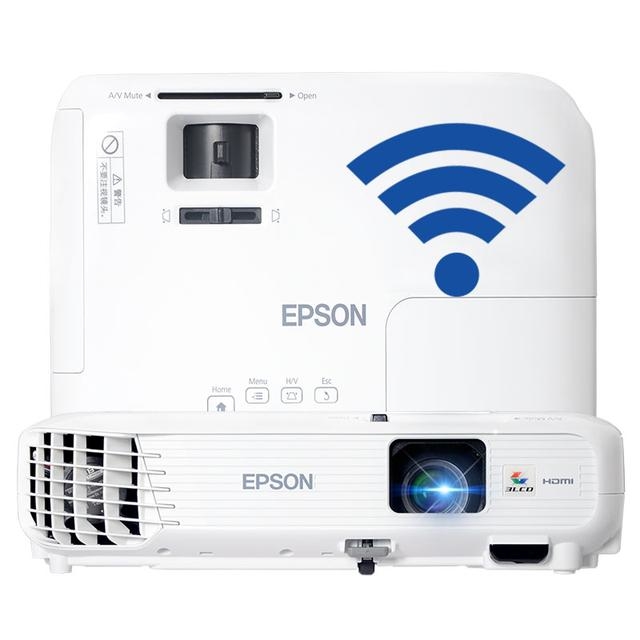
On one occasion, my boss asked me to set up a movie for the staff. I pulled the projector from the warehouse, only to find it broken—the bulb had burned out.
My boss said, “No way? I only used it a few times!â€
I checked the brand and realized it was from a small factory. I told him, “Even second-hand Japanese equipment is better than buying something from an unknown brand.â€
He replied, “I don’t care—just get me something cheap but good.â€
After searching online, I discovered that projectors today come in all shapes and sizes. Some are portable, some connect to phones, some have subwoofers, and others run on Android.
However, as someone with experience in the electronics industry, I know that many domestic products are gimmicks. If big names aren’t following the trend, it usually means the tech isn’t mature yet.
One such product is the iCodis CB-100 micro projector, a compact smart projector with a gold finish, priced at 1099 yuan on JD.com.
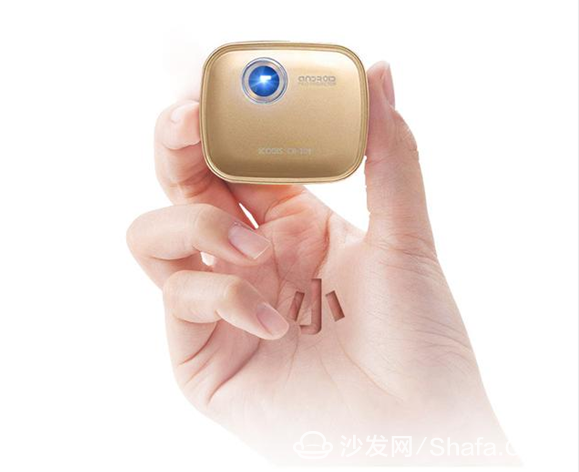
My boss was really excited about this tiny projector, so he picked it up. I couldn’t help but mock him: “This is like a toy—practical?â€
Why not practical? It only has 1000 lumens, which is very dim. The bulb is small, and the projection doesn’t go far—it’s like projecting onto a pillow.
I suggested buying a second-hand Japanese model or a well-known domestic brand under 1000 yuan. After comparing options, I finally went with the Tumetimes 1024 projector, priced at 399 yuan.
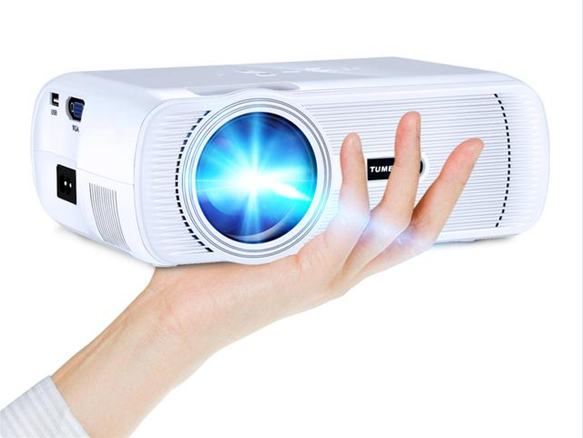
It’s affordable and functional. I don’t need a smart version since I don’t use it often, and that reduces the chance of it breaking.
The reason I didn’t go for Japanese models is that domestic brands have improved a lot. They’re reliable, and as Chinese people, we should support our own products.
Some projectors are sufficient for home use. As for the shortcomings, a penny saved is a penny earned. If you use it during the day, consider a higher-end model.
For example, the Tumetimes K610 offers a larger image, clearer picture, and louder sound.
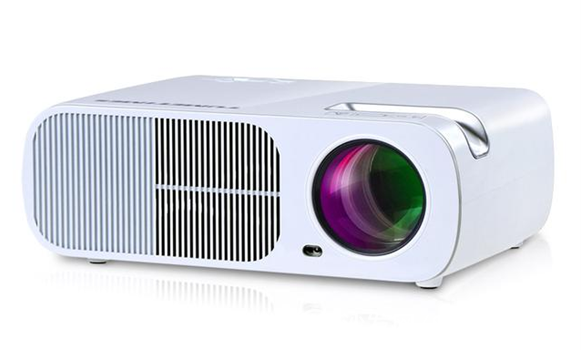
If you're a serious mobile gamer, then a smart version would be better. The Tumetimes K808 comes with Android, Wi-Fi, and phone synchronization.
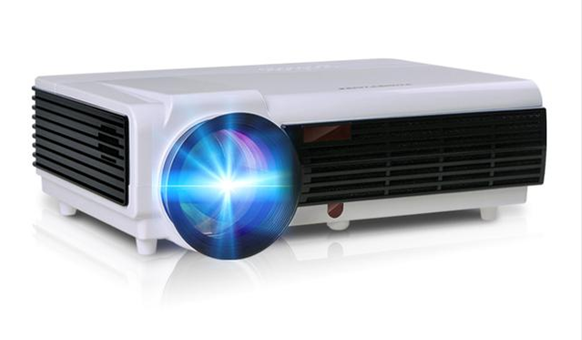
It supports mobile devices and Wi-Fi, making it ideal for streaming.
Domestic projectors follow a similar pricing structure. Other brands also offer different tiers, but the price differences are usually within 100 yuan.
This is similar to the situation with domestic smartphones. Most are assembled, using imported components like CREE bulbs and MSTAR processors. The design is different, but the core parts are similar.
So, choosing a projector doesn’t have to be complicated. Just pick what suits your needs best. Don’t get caught up in fancy features like built-in subwoofers—they take up space and cost more. You could easily buy a high-quality external speaker instead.
For more information on smart TVs and boxes, check out Smart TV/box info, a leading platform in China for smart TV and TV box news, reviews, and support. Visit [Smart TV/box info](http://).
The factory is currently a place where solar carport is widely used, and Shuobiao can provide a variety of styles of steel structure solar carport systems for various factories.
Factory solar carport,steel structure solar carport,solar carport system
Hebei Shuobiao New Energy Technology Co., Ltd. , https://www.pvbracketsystem.com